If you’ve ever found yourself scrolling through your phone late at night and struggling to fall asleep, you might have considered trying blue light blocking glasses. These trendy specs claim to filter out the blue wavelengths emitted by screens and artificial lighting, which are known to disrupt our natural sleep-wake cycles. But do blue light blocking glasses work for sleep? Let’s delve into the research to find out.
Understanding Blue Light and Its Impact on Sleep
Blue light, particularly in the 400–500 nanometer range, plays a significant role in regulating our circadian rhythms. Exposure to blue light in the evening can suppress melatonin production, the hormone responsible for making us feel sleepy. This suppression can lead to difficulties falling asleep and reduced sleep quality.
What Does the Research Say?
The effectiveness of blue light blocking glasses in improving sleep has been the subject of various studies, yielding mixed results.
Positive Findings: Some studies suggest that wearing blue light blocking glasses in the evening can improve sleep quality. For instance, a study found that participants who wore these glasses for three hours before bedtime experienced significant improvements in sleep quality and mood compared to a control group.
Mixed Results: A systematic review highlighted inconsistent findings across six randomized controlled trials. While three studies reported significant improvements in sleep scores with blue-light filtering lenses, the other three found no significant difference between intervention arms.
Limited Impact on Healthy Adults: Research indicates that blue light blocking glasses may not significantly improve sleep quality in healthy adults without sleep disorders. A study concluded that these glasses did not improve objective measures of sleep time or quality in healthy adults.
Factors to Consider When Buying Blue Light Glasses
Before you click “add to cart,” let’s talk about what actually matters when choosing the right pair of blue light blocking glasses. Not all glasses are created equal—and depending on your goals (better sleep, less eye strain, migraine prevention), the features you need will vary. Here’s what to look for:
1. How Much Blue Light is Blocked
Not all lenses block the same amount of blue light. If your goal is better sleep and melatonin support, aim for red or deep amber lenses that block at least 90–100% of blue light (and sometimes even green light). On the flip side, if you’re mostly looking to reduce eye strain during the day, clear lenses that filter 20–50% in the 400–455 nm range can still help without altering color perception.
2. Wavelength Range Blocked
This one’s a little geeky but super important. Blue light spans from about 400 to 500 nanometers (nm). The most melatonin-disrupting wavelengths tend to peak around 455–480 nm. Some glasses only block the lower end of the spectrum (like 400–430 nm), which may help with eye strain but won’t do much for your sleep. Look for lenses that cover the full circadian-disrupting range, especially if you’re using them in the evening.
3. Lens Color
Clear lenses are great for daytime screen use, but they don’t do much for your sleep. Amber, orange, and red lenses are where the real bedtime magic happens. The darker the tint, the more blue light they block—and the more they help your body wind down at night.
4. Comfort and Fit
You won’t wear them if they pinch your nose or slide down your face every five seconds. Look for lightweight frames, flexible arms, and a shape that fits your face well. Bonus points if they don’t clash with your favorite hoodie.
5. When You'll Wear Them
Are you using them during work hours or winding down at night? If it’s both, you may want two pairs: one clear or lightly tinted pair for the daytime and a stronger red-tinted pair for nighttime screen exposure.
6. Verified Testing or Certifications
Some brands provide lab testing data or certifications showing how much blue light their lenses block. If you’re investing in sleep support or migraine relief, it’s worth checking the numbers—not just the marketing claims.
So...Do Blue Light Blocking Glasses Work for Sleep? The Verdict
So, do blue light blocking glasses work for sleep? As you can probably tell already, the answer isn’t straightforward. While some studies suggest potential benefits, especially for individuals with sleep disorders or those exposed to high levels of blue light in the evening, the overall evidence is mixed. It’s essential to consider individual differences and other factors that may affect sleep quality.
The factors mentioned above are also all over the map when it comes to blue light blocking products. Below I’ve assembled a list of glasses from “okay”, “better” to “best”. In general, the clear glasses provide minimal blocking abilities while the tinted glasses are more effective.
| Brand & Model | Type | Blue Light Blocking % | Rank | Price |
|---|---|---|---|---|
| livho High Tech | Clear | 99.9% (Only 400nm) | Okay | $8 - $10 |
| Cyxus Anti Blue Blockers | Clear | ~80% (380-450nm) | Okay | $30 |
| Felix Gray | Clear | 50% (459-484nm) | Better | $40 - $60 |
| TheraSpecs (FL-41 lenses) | Tinted (Rose/Amber) | ~65-76% (480 -520nm) | Better | $99 - $129 |
| Sleep ZM Nighttime Amber | Tinted (Amber) | 99.9% (440 - 500nm) | Better | $60 |
| SafetyBlue Sleep Savior | Tinted (Red) | 99-100% | Best | $60 |
| Ra Optics Sunset Lenses | Tinted (Red) | 100% (blue and some green) | Best | $174 |
| TrueDark Twilights | Tinted (Red) | ~99% (blue, green & violet) | Best | $120 |
Alternatives to Blue Blocking Glasses
If you’re hesitant about investing in blue light blocking glasses, there are other strategies to support a natural circadian rhythm:
Take Melatonin: Taking melatonin can be a helpful tool for resetting your natural circadian rhythm—especially during travel, shift work, or periods of sleep disruption. Since melatonin is a hormone your body already makes, small supplemental doses (usually 0.3 to 1 mg) can gently nudge your internal clock without overriding your natural sleep cycle.
Limit Screen Time Before Bed: Reducing screen usage at least two hours before bedtime can help minimize blue light exposure.
Use Night Mode Settings: Many devices offer night mode settings that reduce blue light emissions.
Increase Daytime Light Exposure: Getting ample natural light during the day, especially within the first 30 minutes of waking, can help regulate your circadian rhythm.
Maintain a Consistent Sleep Schedule: Going to bed and waking up at the same time daily can improve sleep quality.
“Prime” Your Bedtime Routine with Non-Screen Activities: Priming your bedtime routine is all about sending gentle signals to your body that it’s time to wind down. Whether it’s dimming the lights, slipping on your red-tinted blue light blockers, diffusing lavender essential oil, or sipping herbal tea while you unplug from screens, after several nights of completing these small rituals, they will automatically cue your brain to start producing melatonin and prepare for deep, restorative sleep.
ALSO READ: Sleep Hacks for Busy People
Final Thoughts
While blue light blocking glasses may offer benefits for some individuals, particularly those with sleep disorders or high evening screen exposure, the evidence is not conclusive. It’s essential to consider other factors affecting sleep and explore various strategies to improve sleep quality. Ultimately, whether or not to use blue light blocking glasses is a personal decision that should be based on individual needs and preferences.
References
- Ayaki, M., Higuchi, S., Hibi, H., Masaoka, N., Yajima, K., & Negishi, K. (2016). Sleep and mood disorders in dry eye patients improved after blue light-blocking lens use. Neuropsychiatric Disease and Treatment, 12, 257–261. https://doi.org/10.2147/NDT.S96354
Barrera, A., Smith, M. T., & Orff, H. J. (2023). Effectiveness of blue-light filtering lenses for improving sleep: A systematic review of randomized controlled trials. Sleep Health, 9(1), 34–45. https://pubmed.ncbi.nlm.nih.gov/37593770/
Burkhart, K., & Phelps, J. R. (2009). Amber lenses to block blue light and improve sleep: A randomized trial. Chronobiology International, 26(8), 1602–1612. https://doi.org/10.3109/07420520903523719
Harvard Health Publishing. (2021, October 26). Can blue light blocking glasses improve your sleep? Harvard Health Blog. https://www.health.harvard.edu/blog/can-blue-light-blocking-glasses-improve-your-sleep-202110262625
Heo, J. Y., Kim, Y. S., & Park, H. J. (2021). Effects of blue-light blocking glasses on sleep and circadian rhythm: A randomized controlled trial. Chronobiology International, 38(6), 857–866. https://doi.org/10.1080/07420528.2021.1872169

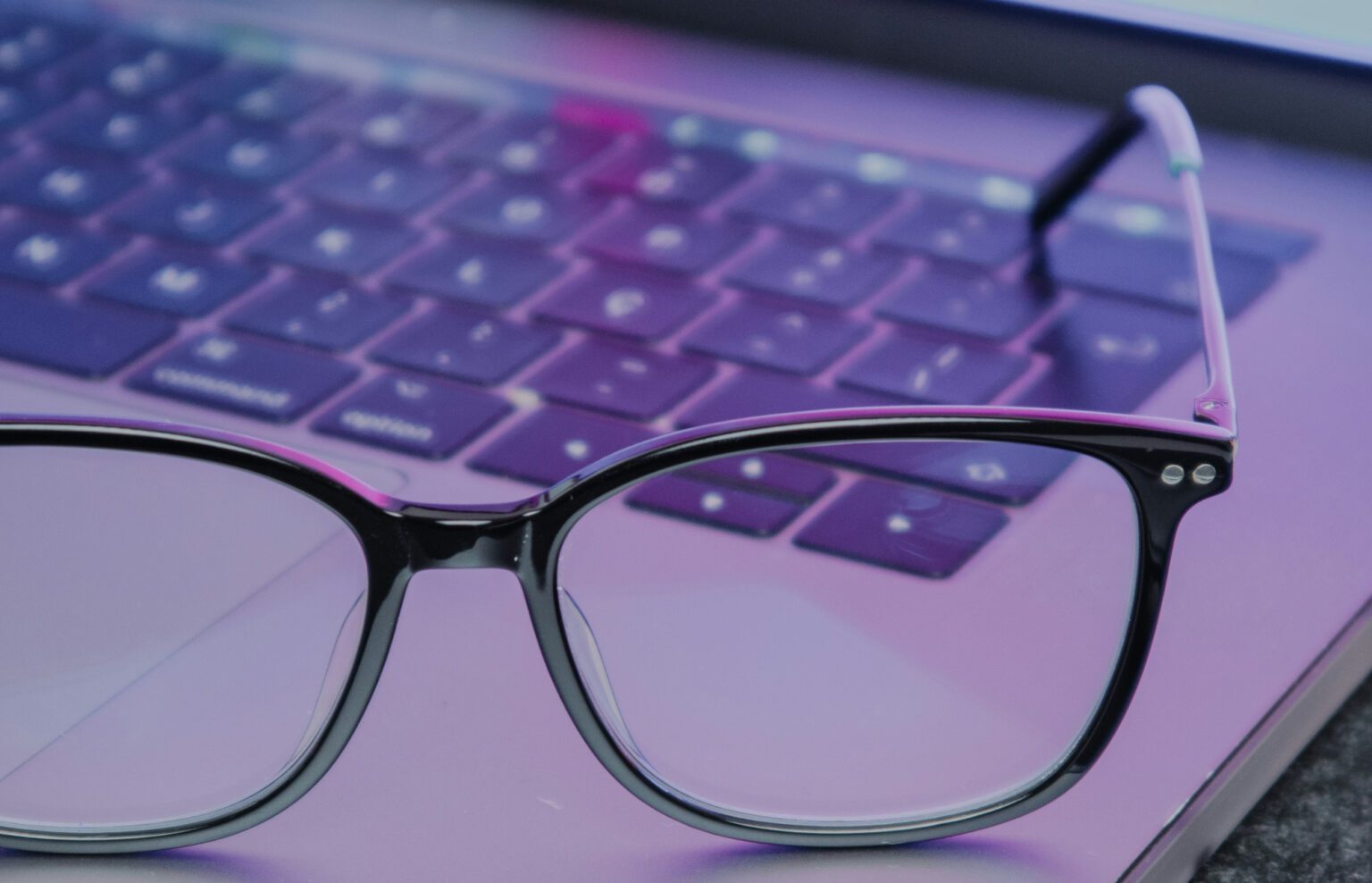
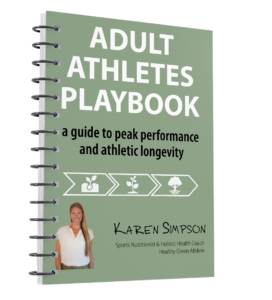
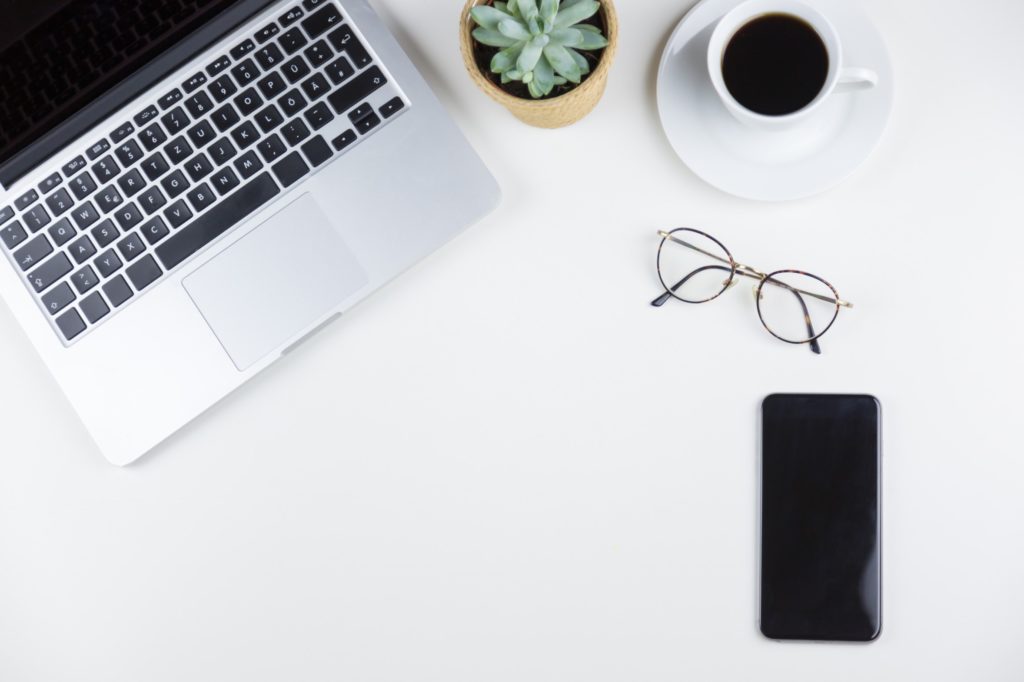
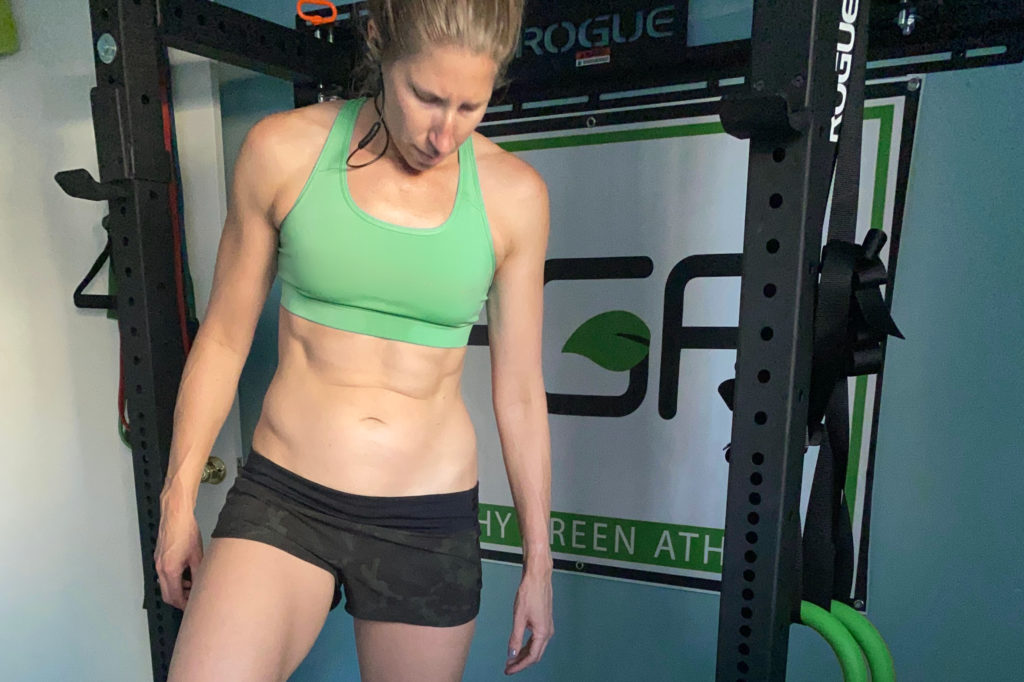

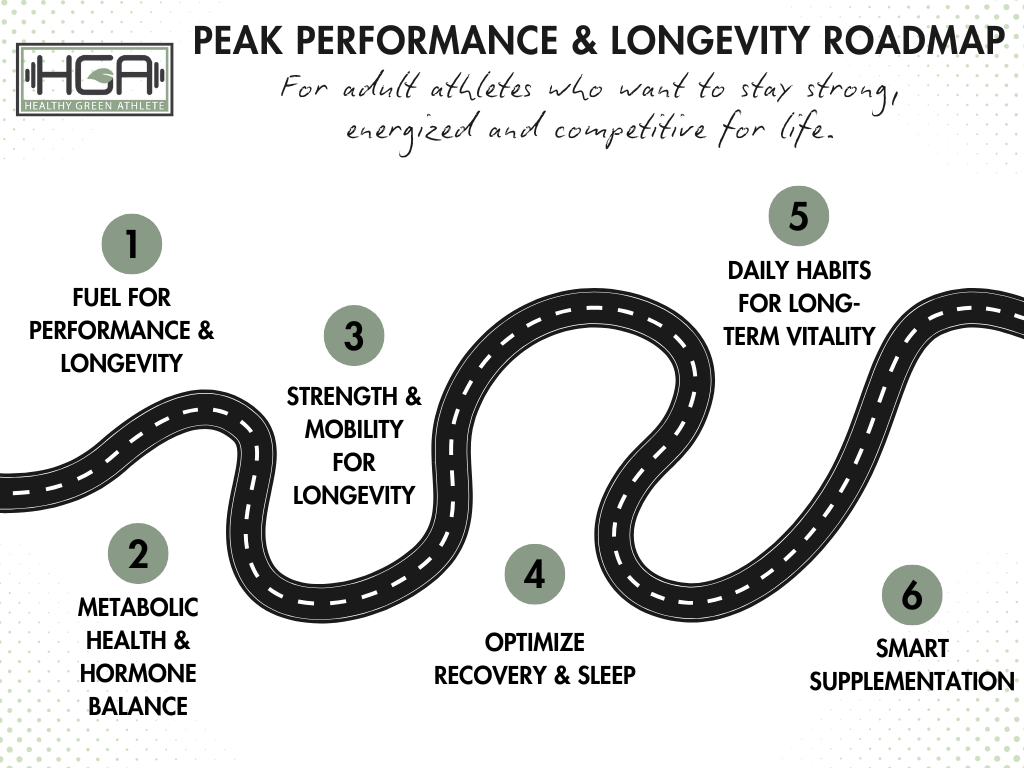
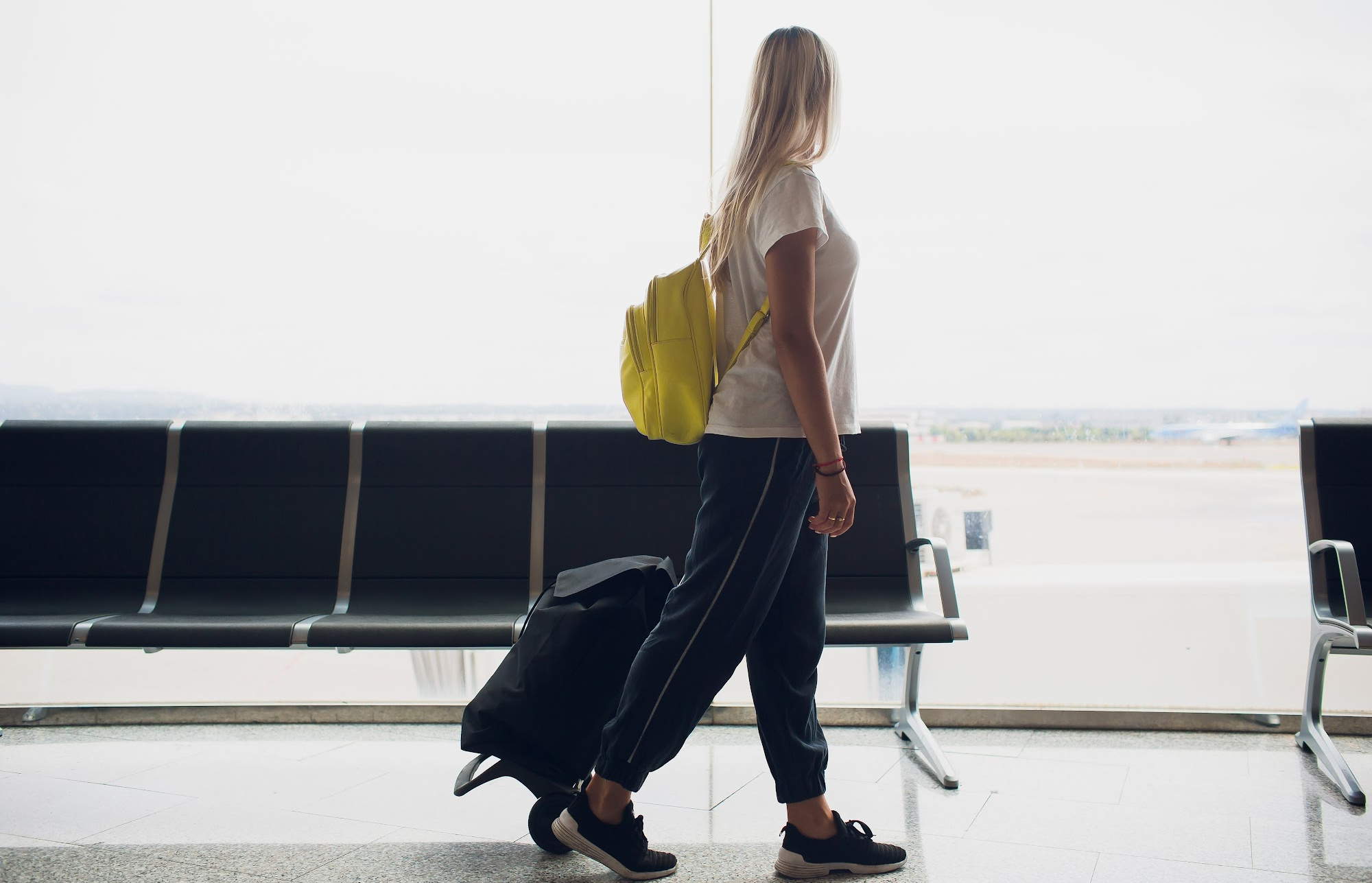

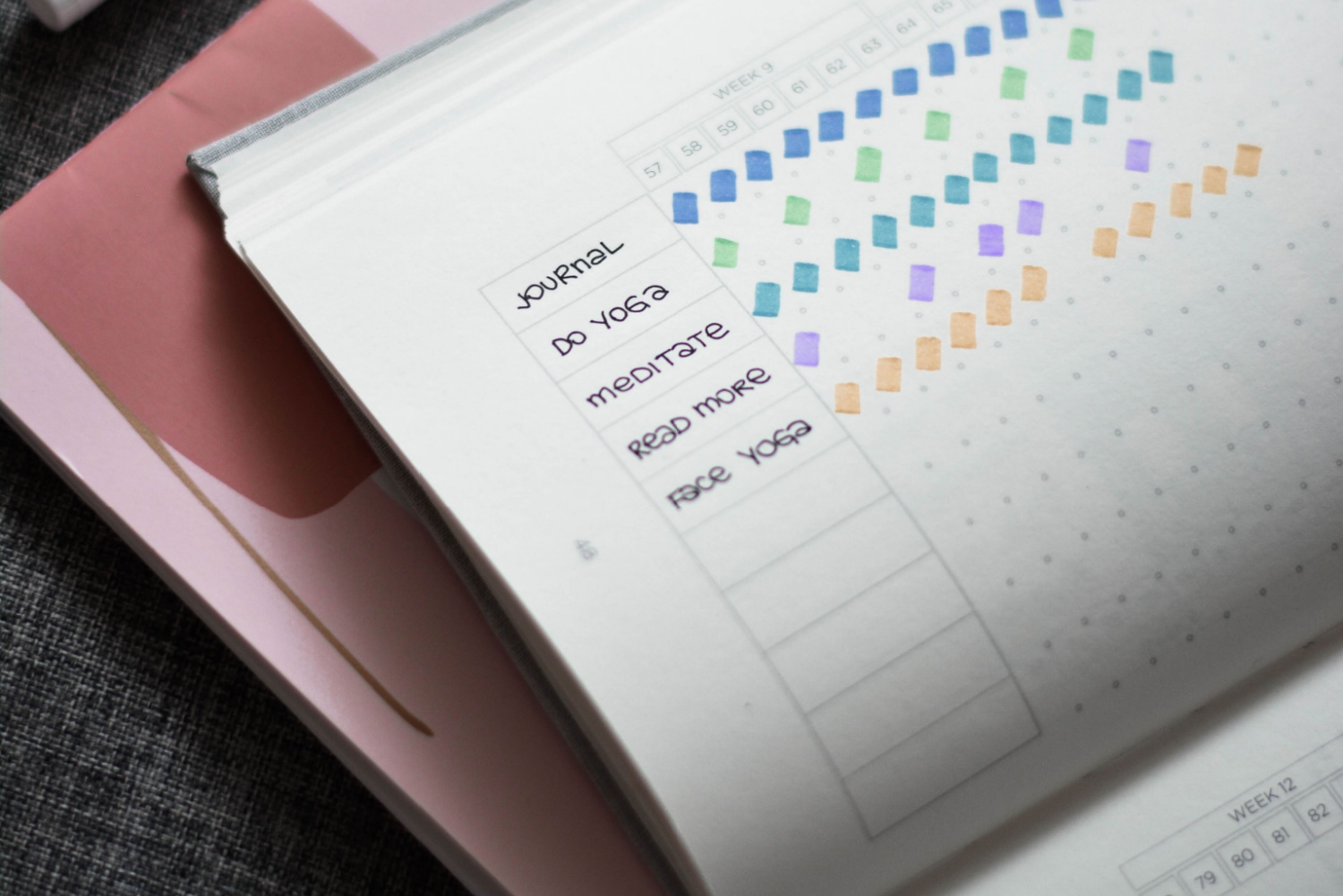

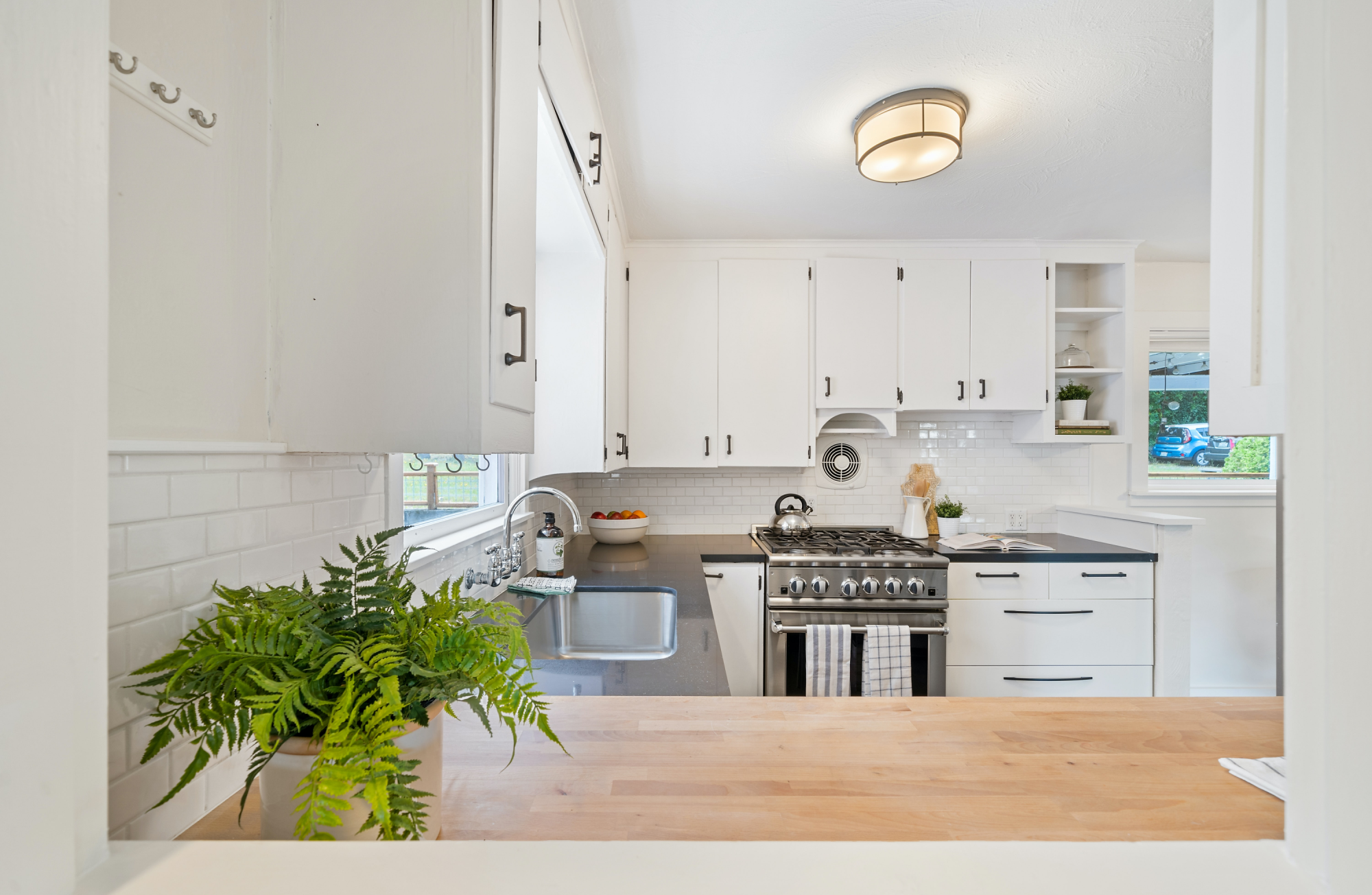

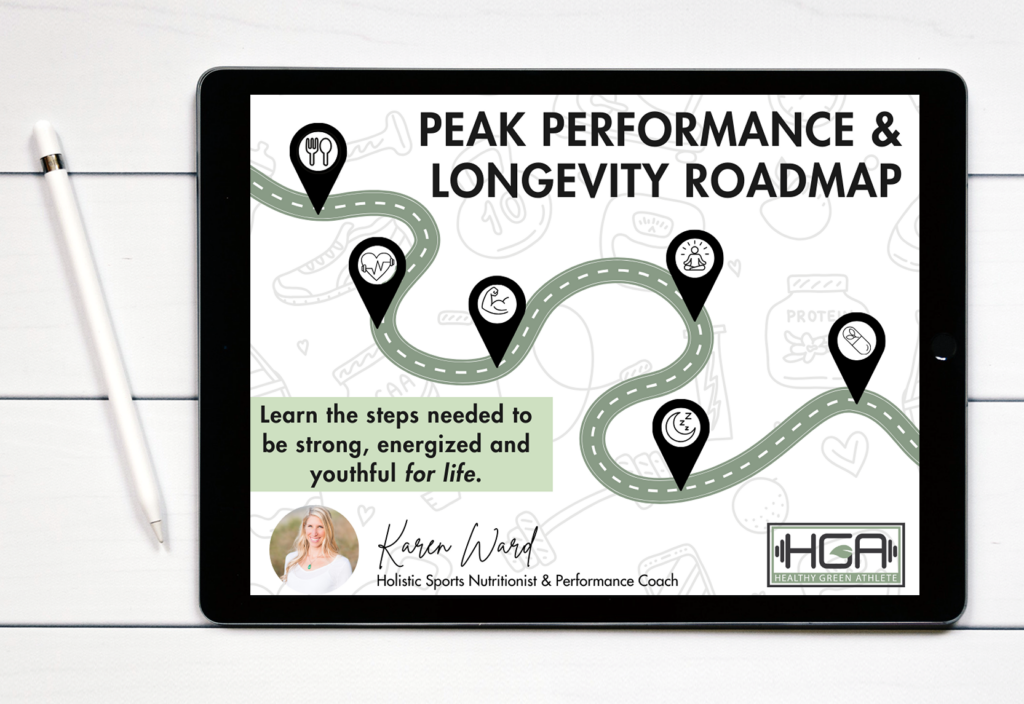
One Comment
Pingback: